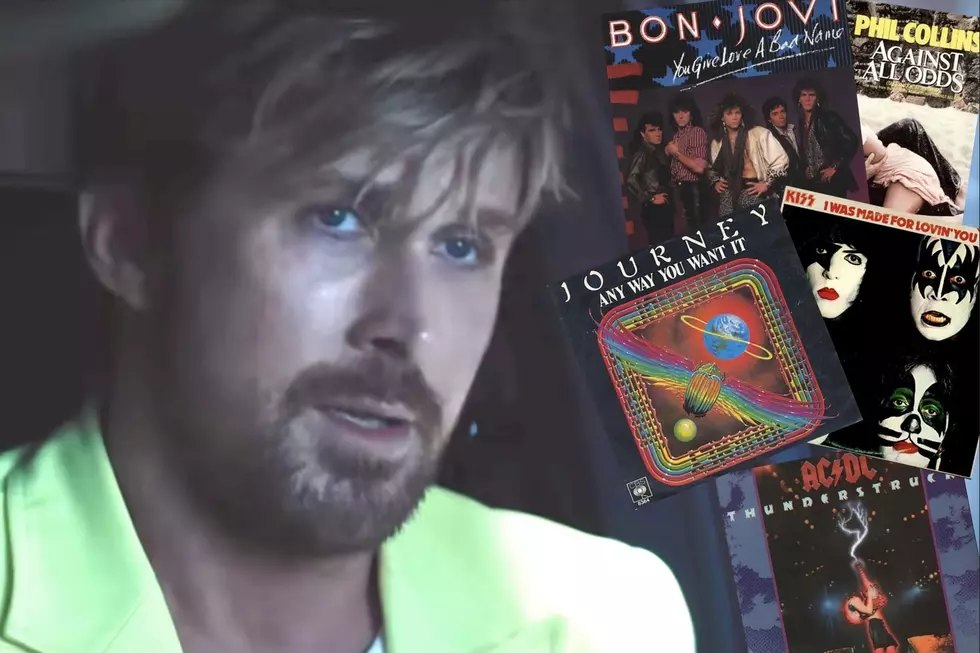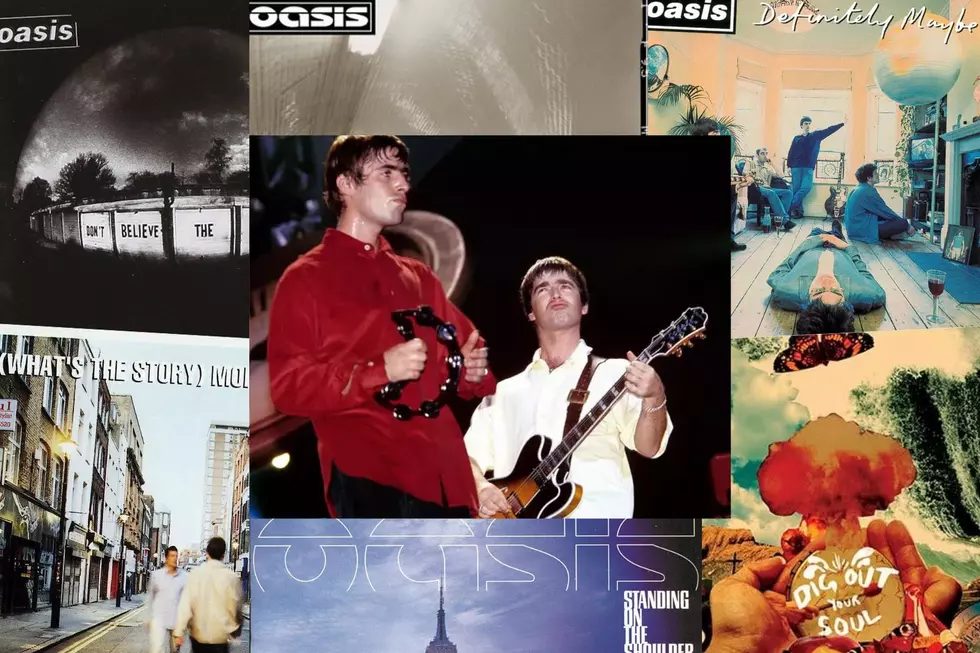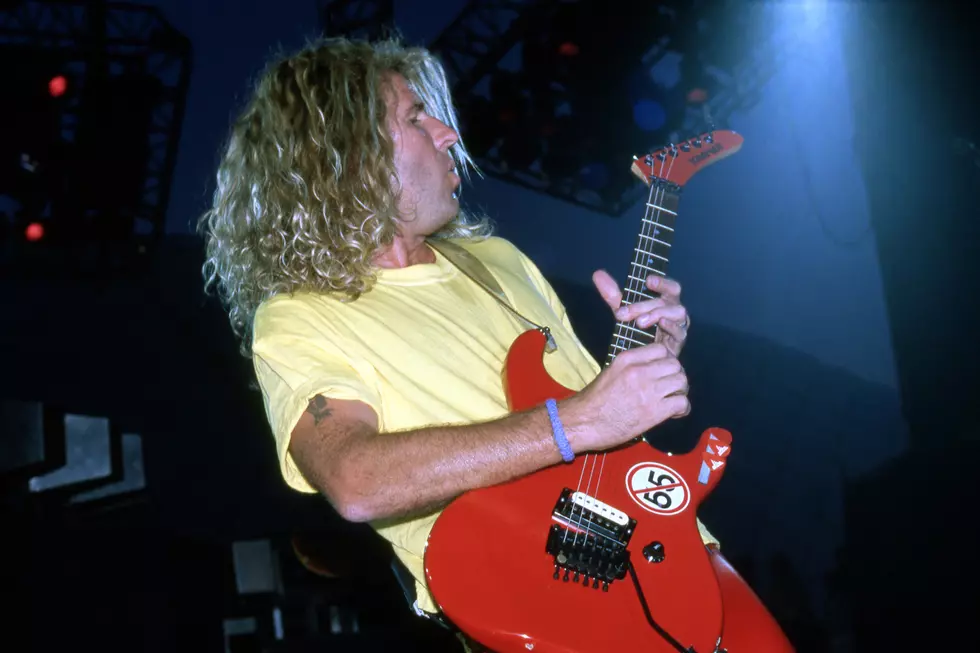
45 Years Ago: Joe Jackson’s ‘Look Sharp!’ Helps Define New Wave
The British New Wave was in full flower during the late '70s, offering listeners a grab bag of sounds that combined punk, ska, and pop – seemingly disparate elements that blended particularly well in the grooves of Joe Jackson's debut LP, Look Sharp!
Released on Jan. 5, 1979, Look Sharp! heralded the arrival of a brilliant new songwriting talent, and the record-buying public responded more or less immediately: Jackson's debut single "Is She Really Going Out With Him?" latched onto Top 40 playlists on both sides of the Atlantic, reaching No. 13 in the U.K. and No. 21 in the U.S. On college airwaves, the album was an even bigger hit, spinning off four more singles – "Got the Time," "Sunday Papers," "Fools in Love" and the title track.
Thin and balding, Jackson wasn't exactly born for the looming video revolution, but he had an impeccable sense of style reflected by the distinctive Look Sharp! album cover, graced with a striking shot of white dress shoes shining in a beam of light on a city sidewalk. Simple and elegant, it summed up Jackson's early recordings perfectly, evoking all the sleek musical lines and bracing urban wit throughout the album's 36-minute running time.
READ MORE: Top 40 New Wave Albums
"What we didn't want when we were recording the album was your typical '77/'78 New Wave band sound, where you've got this very middley Ramones-type guitar going ramalamalama all the time," Jackson told NME. "We wanted to get right away from that and have more of a reggae mix, where you have a very upfront bass and drums, and the guitar is very thin and keeps going in and out doing chops and things. ... The idea is to leave a lot of gaps to let the song really come through."
At the time, Jackson found himself frequently lumped in with fellow British New Wave singer-songwriters like Elvis Costello and Nick Lowe, and although those comparisons weren't always warranted or fair, there were definitely some similarities: They all worked at a blistering pace (Jackson's second album, I'm the Man, would hit stores before the end of the year), and they were all restless songwriters with much more on their minds than radio-friendly rock.
Listen to Joe Jackson Perform 'Look Sharp'
Early Recordings Gave Way to Experimentalism
By 1981, Jackson ditched his band and overhauled his sound, releasing an album of jump blues covers (Jumpin' Jive) before making another about-face the following year for the polished pop of Night and Day. On paper, it must have looked like a recipe for commercial disaster, but from the very beginning, Jackson professed not to worry about sales.
"I don't know much about the States and I can't really comment on things I don't know about," Jackson told NME when questioned about the possibility of achieving crossover success. "I haven't been there and I don't know what the average American rock fan is really like. One gets the impression that the average American rock fan must be mentally retarded."
Over time, Jackson's peripatetic outbursts would eventually prove his undoing on the charts, but he never lost his thirst for musical adventure. In fact, by the mid-'90s, he'd wandered far enough afield from his New Wave beginnings to undertake such ambitious experiments as 1994's pop-classical hybrid Night Music, the 1997 song cycle Heaven & Hell and 1999's Grammy-winning Symphony No. 1.
His later efforts enjoyed their share of critical praise, but Jackson's early recordings continue to hold a special place in fans' hearts – something he acknowledged with 2000's Night and Day II as well as 2003's Volume 4, the latter of which brought him full circle by reuniting his original Look Sharp!-era band for the first time since 1980's Beat Crazy.
"I don't see huge barbed-wire fences in between different kinds of music," Jackson explained in a 2003 interview with CNN. "I'm more guided by taste and intuition than I am by rules." For Jackson, what might have seemed like a nostalgic nod to his past was really just a continuation of the journey he started in 1979: "This band always had great chemistry, and it just came back more easily than we expected."
Jackson would work with roughly the same lineup for his next LP, 2008's Rain, but it wasn't premeditated. "I never really know what I'm gonna do next," he shrugged when asked by CNN about future plans. "I just think about the next gig."
22 Best Rock Album Sequels
Gallery Credit: Bryan Wawrenek
More From Ultimate Classic Rock









